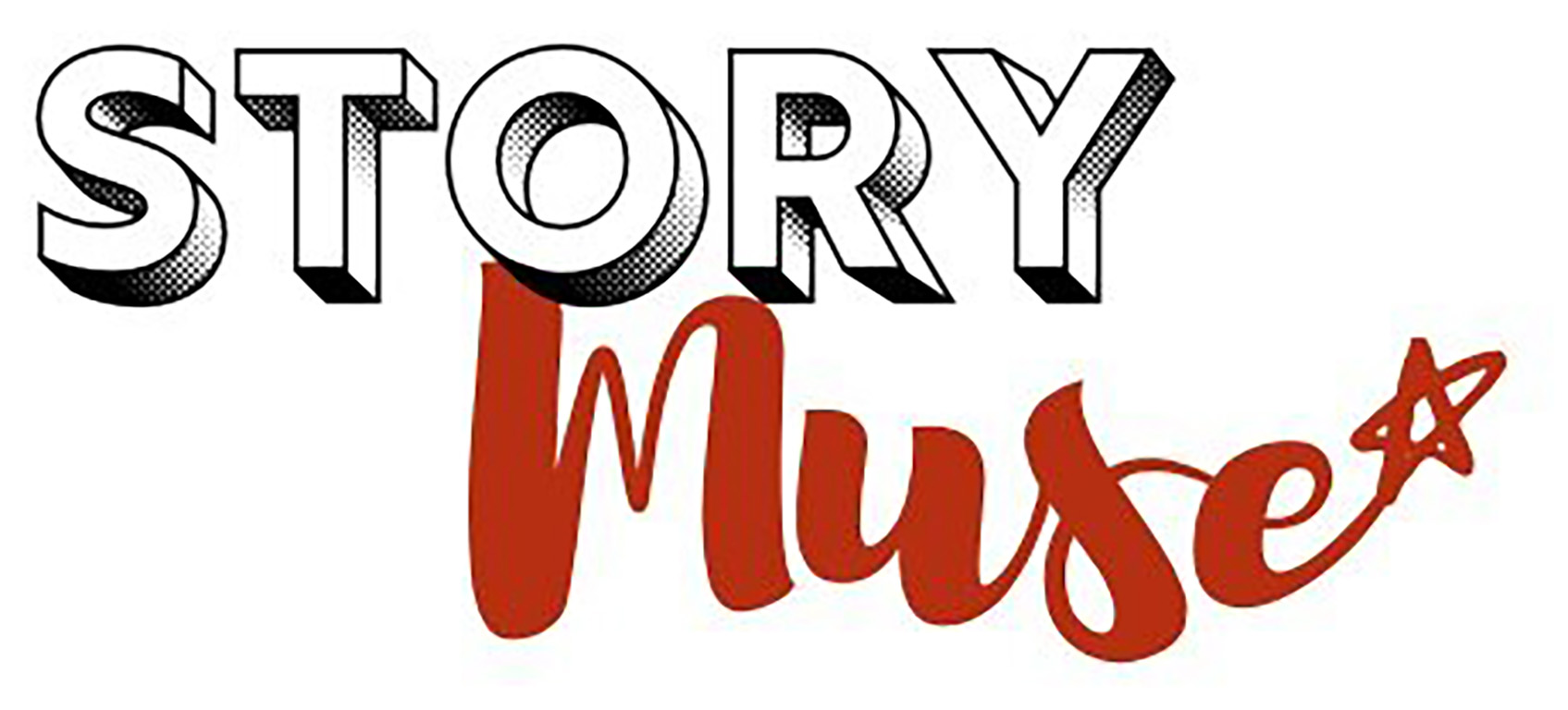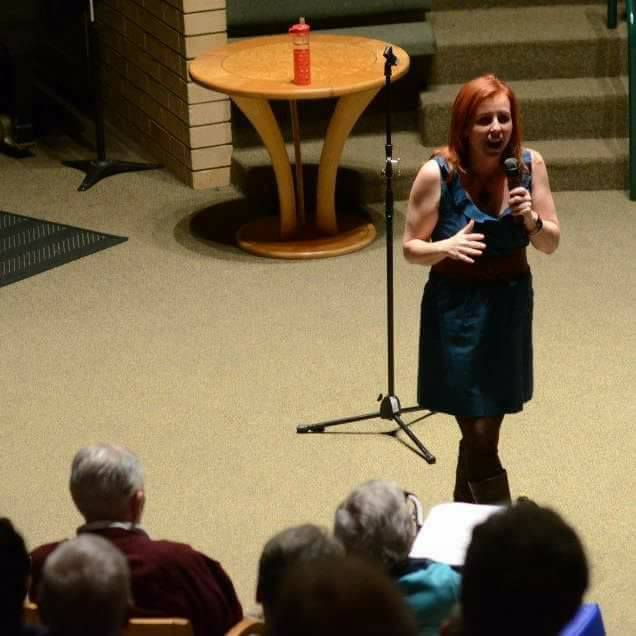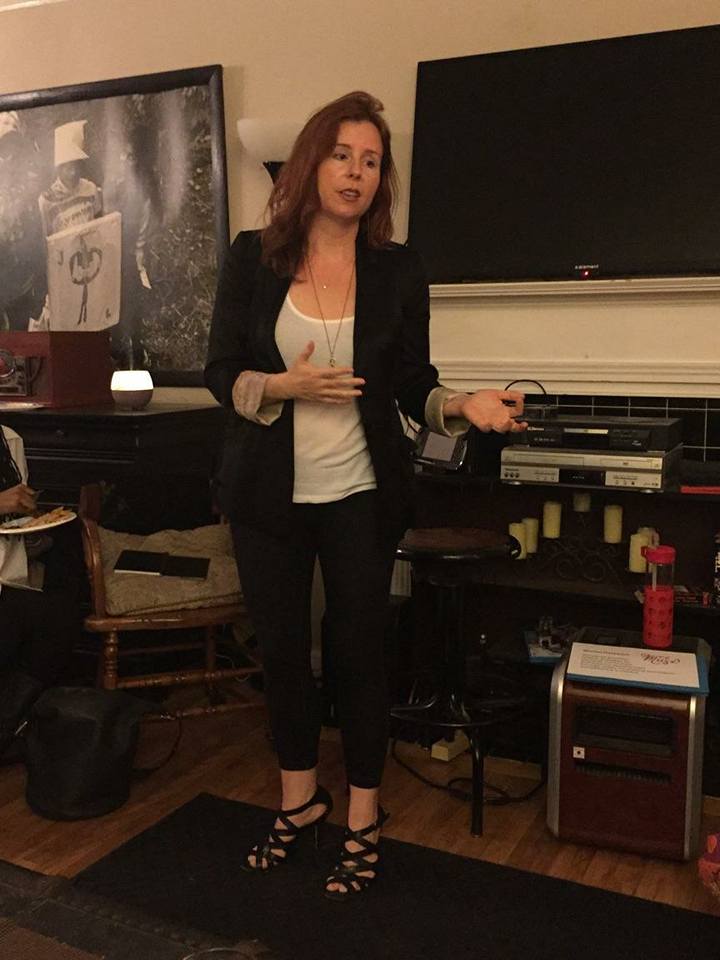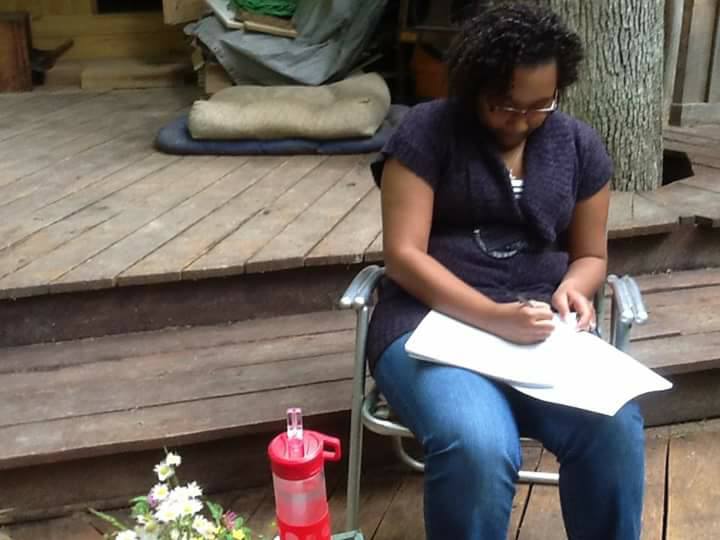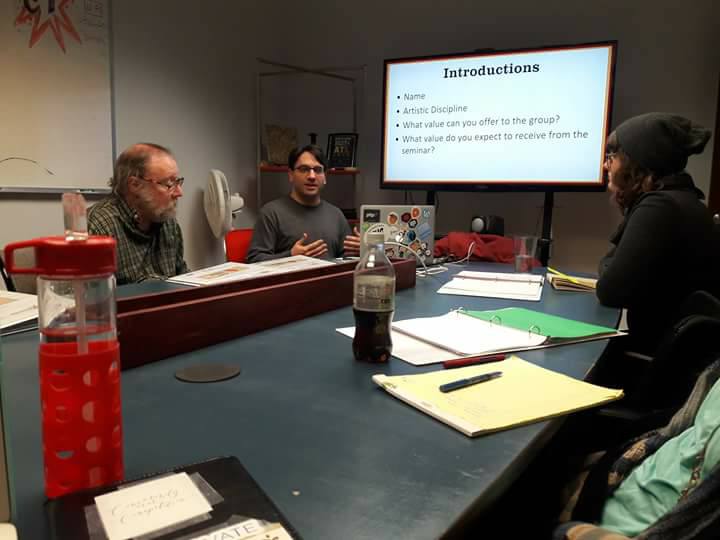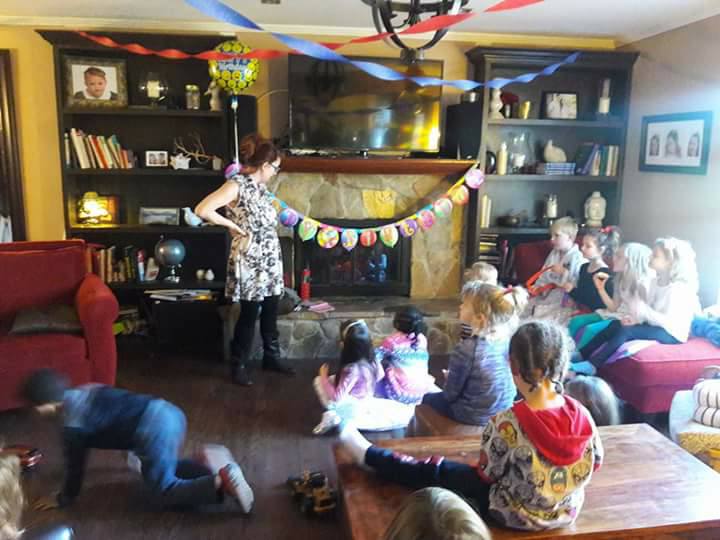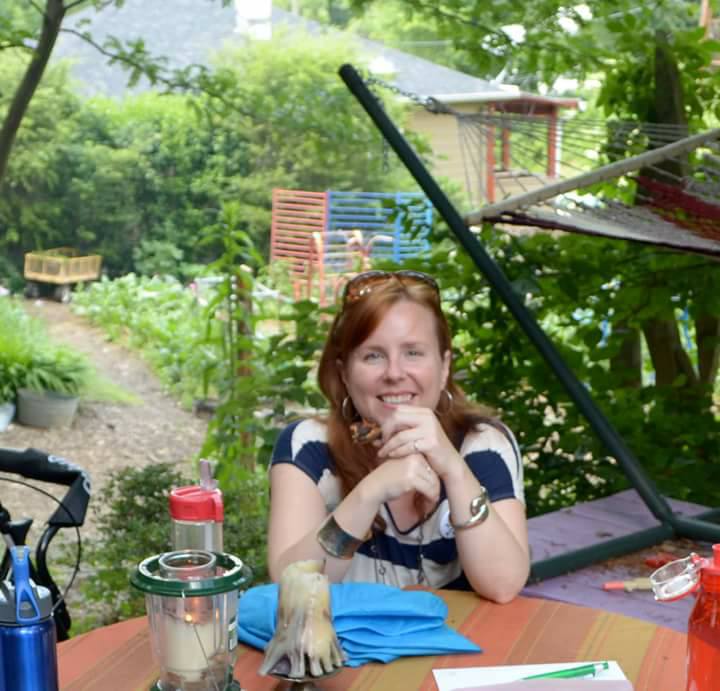
“‘Water – Bottle’ by Стефан Симов” by Klearchos Kapoutsis is licensed under CC BY 2.0
I once made an entire slideshow on Facebook in honor of a much beloved glass water bottle, Big Red, my trusted sidekick for something like three years after its untimely demise. (Please consider playing this song while you play it.)
Earlier this year, I took The Freelancer’s Workshop, as a part of the Akimbo framework developed by philosopher/marketing guru, Seth Godin.
This self-driven/self-discovery approach to learning, which encourages us to “find the others” and engage in deep dialogue with our peers turned out to be so much better for me than trying to please a teacher and ace a test.
In one of the lessons, Seth starts off by coming on video and talking about all the bottles of water for sale at the airport, how most customers will go for the cheapest one, no matter the packaging. Most people don’t have brand loyalty for bottled water. We were meant to meditate on this concept as an opportunity not to race to the bottom of our fields by becoming the cheapest and most available option.
Listening to Seth’s explanation of the metaphor about six times, I was stuck on one blaring detail:
I would never buy a bottle of water.
Many people who know and love me recognize that I have this kind of extreme hangup about environmental waste, carry my own water bottle pretty much everywhere. Given that water in this country is often free and clean, I always wonder why more people don’t insist on doing the same. The answer, of course, is that we’ve been marketed out of understanding and believing it.
When I finally got out of my navel-gazing about the exercise, it occurred to me that this metaphor still applies.
My work is not about selling prepackaged products from some other source!
Rather, it’s about helping people understand and appreciate that they always have their own vessel, training them to trust and carry and value their own stories–that the water can be found wherever you are.
It’s the difference between relying on a capitalist solution of having our stories stolen away from us and sold back versus looking within, to be our own source.
